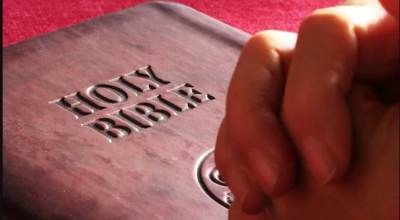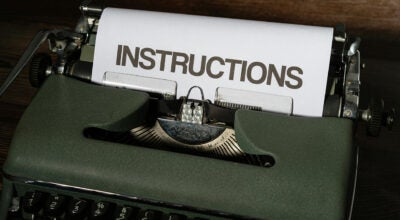We’ve met our poets and …
Published 10:00 pm Friday, January 5, 2018
“Poems very seldom consist of poetry and nothing else; and pleasure can be derived also from their other ingredients.” —Housman
Quick: Tell me the name of a poet, any poet, who is not dead and/or somebody that some teacher of professor did not make you read about when you were in school. Pretty tough, huh? Oh, yeah, there are one or two who come to mind, but it’s more because of their social activities of one kind or another and not because of their poetry.
But as I’ve suggested before, that doesn’t mean that there aren’t any poets any more. To the contrary, those of us in the baby boomer generation (to be nice, let’s just say those of us a few insignificant years on either side of 70), actually grew up in one of the golden ages of poetry and a lot of us have actually remembered a lot and are wont to quote a lot of it — except that we don’t realize that’s what we’re doing, of course.
At least that’s one of my favorite theories.
It’s really amazing the number of people — and all different kinds of people, at that — who go out of their way to reference to me some musical lyric which I have quoted in the connotation of column writing. My dear old friend, the late Ben Pryor, one of the great unrecognized wordsmiths, once (quite enviously, it seemed to me at the time) observed that my columns contained more “damn quotations from rock ’n roll songs and English romantic poets than any other columnist’s in history.”
I’m not sure he mean that totally complimentary, but I took it that way because it occurred to me then and it occurs to me now that in doing so, I was actually being quite consistent. Poetry, after all, is poetry, regardless of its garb, and it seems to me that if one is going to quote anything at all, it might as well be what (none less than the English romantic poet) Samuel Taylor Coleridge called, “the best words in their best order.”
The poets of my generation were the songwriters of my generation. That’s why so much of what the good ones said has stayed with so many of us for so long. From our radios and our stereos and our TVs, our poets spoke to us. They helped us, through their words, first grasp, then often incorporate the ideas which helped to define us. In a sense, our music, which is to say our poetry, served as some very effective, if unrecognized therapy, aiding us in our generational quest to make sense of a world that all too often made little of its own.
There were Dylan and Mitchell and Joel; there were Lennon and McCartney; there were Crosby, Stills, Nash and Young; there were all the others.
We didn’t understand the war, but “be the first folks on the block to have your boy brought home in a box,” pretty well did a little defining. Kent State may have seemed like a place in another country, but “tin soldiers and Nixon’s coming; we’re finally on our own,” pretty well brought things home. What was Woodstock about? How about: “and I dreamed I saw the bomber death planes, riding shotgun in the sky, turning into butterflies about our nation.”
Adolescent interpersonal relationships? Just leave it to Dylan: “You got a lot of nerve to say you are my friend; when I was down, you just stood there grinnin’.” That whole dating business? How many teenage girls identified with the haunting words of Janis Ian: “and those of us with ravaged faces, lacking in the social graces, desperately remained at home, inventing lovers on the phone, who called to say ‘come dance with me’ and murmured vague obscenities….Life isn’t all it seems, at 17.”
It wasn’t iambic pentameter and it was more likely to come from turned-up amps exciting cheering crowds, rather than in the quiet reflection of libraries or tea rooms, but it was poetry and we listed to it and I believe that it mean a lot more to us than even we realized at the time.
Which is, after all, pretty much the way poetry has always worked.
This column was originally written and published in 2003. Ray Mosby is editor and publisher of the Deer Creek Pilot in Rolling Fork.





